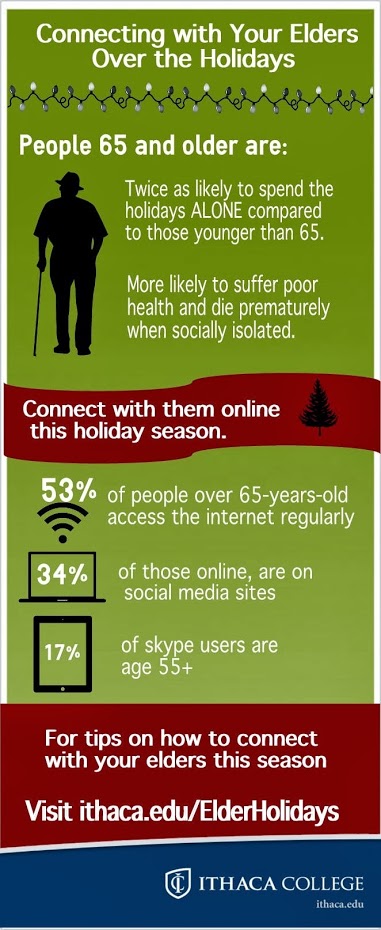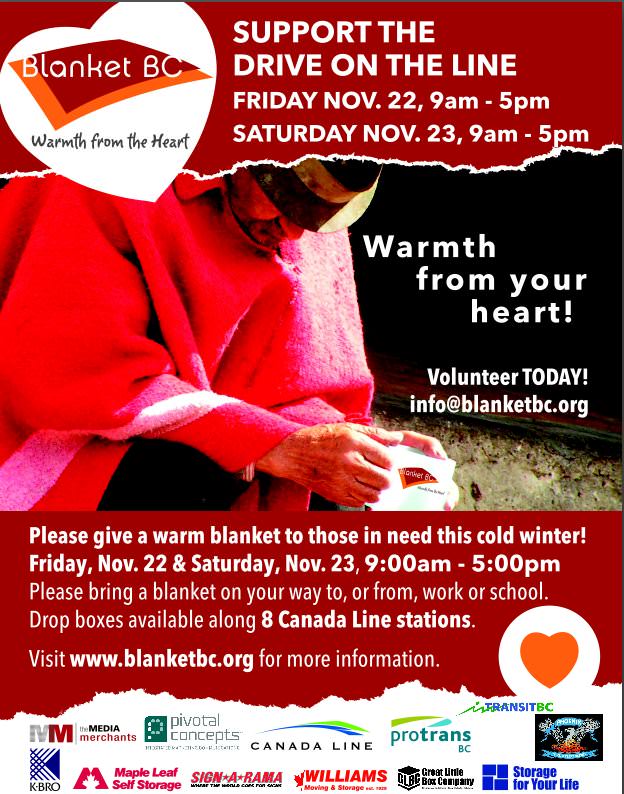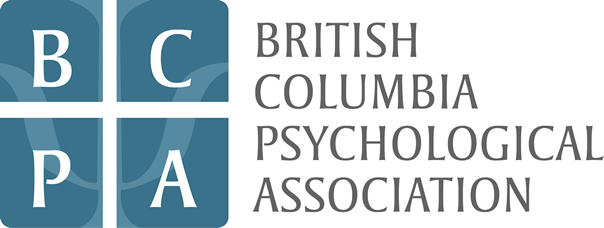 People over 65-years-old are twice as likely to spend the holidays alone compared to those less than 65. Bad weather, increased noise and crowds, and health challenges may make it more difficult for loved ones from older generations to travel.
People over 65-years-old are twice as likely to spend the holidays alone compared to those less than 65. Bad weather, increased noise and crowds, and health challenges may make it more difficult for loved ones from older generations to travel.
Fortunately, there are ways to connect with them this holiday season that don’t require travel, said Rhoda Meador, director of the Ithaca College Gerontology Institute. “Elders are more technically advanced than most people think, and it is important for their health and well being to remain socially connected – even if it’s virtual.”

Strategies for connecting with elders are reflected in Meador’s research. The co-author of several books, including “The Family Member’s Survival Guide: What Every Relative of a Nursing Home Resident Needs to Know,” Meador holds a doctorate in consumer and family sciences education from Iowa State University.
Meador offers three tips to help connect with your elders during this holiday season.
1. Make connections a priority. Conversations with older relatives and friends who aren’t present for the holidays should be scheduled ahead of time. Trying to fit in a phone call or online chat won’t “just happen” on its own, especially when the rush of the holidays occurs. Scheduling will help make connecting with loved ones a priority and allow your elder relatives time to be prepared.
2. Connect through technology. 43 percent of people over 65 access the Internet regularly and 34 percent of those are on social media sites. Since many older people are unable to travel over the holidays, technology can help bridge the distance. An older family member could be included in a holiday gathering remotely by setting a place at the table for a laptop and connecting with them via online video chat programs like Skype.
3. Plan topics of conversation ahead of time and be sensitive to the needs of older family members when connecting via phone or internet:
• Tone down or eliminate background noise to make it easier for people with hearing aids to understand conversations.
• Help children understand the health challenges facing older family members by preparing children ahead of time. For example, “Grandpa will be really excited to hear about your new friend, but he can’t hear unless you speak up.”
• Use positive communication skills. Challenge yourself to find out at least one new thing about each of your loved ones that you don’t already know. Try asking open-ended sentences like, “Tell me about what activities you’re most enjoying lately.” (It’s probably a good idea to steer the conversation away from controversial topics like politics and money and toward hobbies and interests).
• Use photos, family heirlooms, music, and food to stimulate intergenerational storytelling. Seeing a younger version of Grandma in vintage clothing can stimulate questions such as, “Where was this photo taken,” and “Who is that good looking guy driving the ’47 Ford?” Music and TV shows can also bring back memories, like “Remember the first time we saw Rudolf the Red-Nosed Reindeer on TV?” Treasured recipes can stimulate conversations about family traditions as well as your taste buds. “This is Grandma’s fudge recipe; remember how she made it every Christmas?”
“While no technology can take the place of in-person human interaction, technology can help elders connect with younger generations and remain socially connected over the holidays,” Meador said. “Elders can check with their local community centers or libraries for classes on how to get started online or they can have a tech-savvy grandchild or neighbor get them started.”
For more information, contact Molly Israel, director of communication, at mmisrael@ithaca.edu or (607) 274-1440.


 Dr. Paris has been a member of the McGill psychiatry department since 1972. Since 1994, he has been a full Professor, and served as Department Chair from 1997 to 2007. Dr. Paris is currently a Research Associate at the SMBD-Jewish General Hospital, and heads personality clinics at two hospitals. He is also Editor-in-Chief of the Canadian Journal of Psychiatry. Dr. Paris has 185 peer-reviewed articles, and is the author of 17 books and 44 book chapters. Dr. Paris is an educator who has won awards for his teaching.
Dr. Paris has been a member of the McGill psychiatry department since 1972. Since 1994, he has been a full Professor, and served as Department Chair from 1997 to 2007. Dr. Paris is currently a Research Associate at the SMBD-Jewish General Hospital, and heads personality clinics at two hospitals. He is also Editor-in-Chief of the Canadian Journal of Psychiatry. Dr. Paris has 185 peer-reviewed articles, and is the author of 17 books and 44 book chapters. Dr. Paris is an educator who has won awards for his teaching.